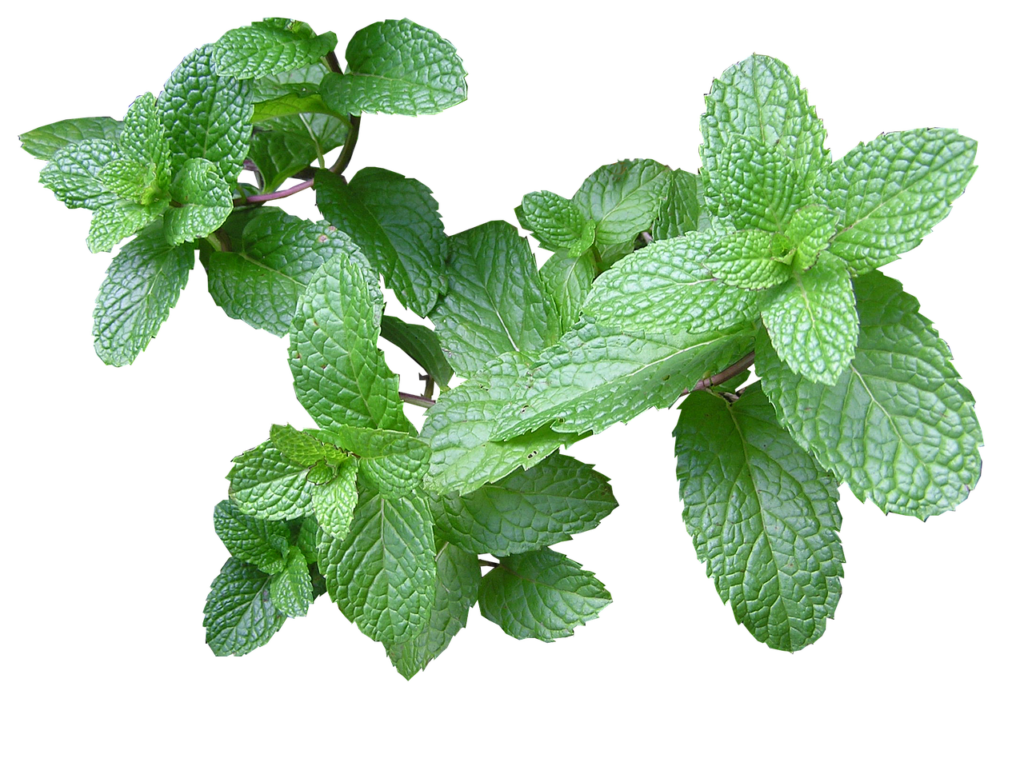
What is Aloe vera and Where Does it Grow?
“Start your journey to better health with the healing power of Aloe Vera.”
Aloe vera is a type of succulent plant. It grows best in warm, dry and sunny places. It originally came from North Africa, and the Arabian Peninsula, Canary Island, Sudan, and its nearby countries. Today, it is also grown in India, China, USA, Mexico, Caribbean region, Australia, and many others countries. It grows in regions with well-drained soil and develops well in lots of sunlight. Additionally, many people keep aloe vera as a house plant because it is easy to care for. It can live indoors with indirect sunlight. As a matter of fact, aloe vera is a simple and natural way to support better health.
Brief History of Aloe vera and its Traditional Uses for Better Health
The name Aloe vera comes from the Arabic word “Alloeh.” It means “shining bitter substance”. Historically, over 2,000 years ago, Greek scholars used Aloe vera as an all-purpose remedy, because of its high healing properties. Moreover, ancient Egyptians called it ‘Plant of Immortality’. This has been used for centuries in traditional medicine, skin care, and overall better health.
One can enjoy Aloe vera as a refreshing juice. It is also useful for skin health. Some take it as supplement as well. In any form, aloe vera provides many health benefits. This traditional herb is important for both internal and external health.
Top Health Benefits of Aloe Vera: Uses for a Better Health
1. Key Nutrients and Antioxidants in Aloe Vera
Aloe vera is full of many helpful parts. It has vitamins, enzymes, minerals, amino acids, and many anti-inflammatory properties. Specifically, Vitamin A, C, and E, B-complex vitamins, folic acid, are available in aloe vera. Also, minerals like calcium, magnesium, selenium, copper, sodium, and zinc are present in this herb. Particularly, vitamin A, C, and E are antioxidants. They help to reduce free radicals.
Furthermore, carotenoids and polyphenols in aloe vera protect the cells of the body from harmful effects of free radicals. Natural compounds like Anthraquinones give aloe vera the power to fight swelling, bacteria and viruses. These can protect the body from harmful toxins. Because of these benefits, people often use it for skin repair and digestion. It is also helpful for immunity build-up, and overall better health of the body.
Natural compounds like Anthraquinones give aloe vera the power to fight swelling, bacteria and viruses. These can protect the body from harmful toxins. Because of these benefits, people often use it for skin repair and digestion. It is also helpful for immunity build-up, and overall better health of the body.
2. Aloe Vera for Digestion
Aloe vera is traditionally used to treat digestive issues including acid reflux, bloating, and constipation. As per a study, ‘Aloe vera: A Short Review’ by Surjushe A, et al. published in 2008 in Indian Journal of Dermatology, anthraquinones present in latex of aloe vera (the yellow sap found between the outer ring and inner flesh), are a potent laxative which can increase water content in intestine. It also can stimulate mucus secretion and increase intestinal peristalsis, the automotive wave-like movement of the muscles that line the gastrointestinal tract.
Consumption of aloe vera in any form, juice, or supplement can help in a better gut health. The enzyme present in aloe vera can break down food and help in nutrient absorption. It does help the digestive system to function well, decreasing any irritation in the stomach and intestine.
3.Aloe Vera for Skin Health:
Aloe vera is generally beneficial for skin health as it works as a cooling agent. Thanks to the anti-inflammatory properties, it helps soothe burns, wounds, and acne. As there is enough water contained in aloe vera, it can hydrate the skin well, besides working as a natural moisturizer for dry and sensitive skin.
As per the study, ‘Aloe vera: A Short Review’ by Surjushe A, et al. published in 2008 in Indian Journal of Dermatology, Aloe vera stimulates fibroblasts (a wall in connective tissues) which produces collagen and elastin fibers. It makes the skin more elastic and less wrinkled. The amino acid is said to have the power to soften hardened skin cells and zinc, available in it, acts as an astringent to tighten pores.
4. Aloe Vera for Immunity:
Aloe vera can boost the immune system. Its gel contains polyphenols, flavonoids, vitamin A, C, and D and all these contain antioxidant properties. Due to the presence of antioxidant properties, it can help the body to protect itself against free radical damage.
The article “Aloe vera (L.) Webb.: Natural Sources of Antioxidants – A Review” (by Hęś M, et al. 2019), talks about aloe vera’s health benefits. It contains two key compounds, Aloenin and Acemannan. In particular, acemannan can help to balance the immune system. It also helps to reduce swelling. Thus, aloe vera can protect the body against infections and stress.

5. Can Aloe vera Help with Blood Sugar Control?
Aloe vera may help to control blood sugar level and thus it is good for those suffering from diabetes. Some studies say that aloe vera gel and juice can lower blood glucose level and help the body use insulin better. This helps the body to use sugar for energy. Thus, sugar does not stay in blood. In this way, it supports to have a better health.
A 2014 study ”Evaluation of Biological Properties and Clinical Effectiveness of Aloe Vera: A Systematic Review,” says that aloe vera may help sugar to move into cells and turn it into stored energy. However, it needs more research and people with diabetes should consult a doctor before using aloe vera as a supplement.
6. Benefits of Aloe vera for Oral Health:
Aloe vera helps to have better health by supporting oral hygiene. It is rich in vitamin A, C, and E. All these possess antioxidant properties. Also, its antibacterial and antifungal elements can protect the gumsand fight diseases like gingivitis and plaque. Moreover, its soothing properties provide relief from irritation.
The 2015 article “Benefits of Aloe vera in dentistry” (Mangaiyarkarasi SP et al.) says that aloe vera might help with several mouth problems. However, it says that more research on its healing properties is needed.
7. How Aloe vera Helps for Hair Health
Aloe vera promotes hair health. It has enzymes and therefore, it helps to remove dead skin cells from the scalp. Besides, it helps to open blocked hair follicles. It has anti fungal and antibacterial properties due to which it can help to treat dandruff and reduce scalp infection. Aloe vera is a source of vitamins A, C, and E and hence, it can repair and strengthen hair strands as well. Hair structure improves due to the presence of amino acids and minerals like zinc and copper. It is also regarded as a natural conditioner.
The Final Thought
To sum up, aloe vera is a powerful and popular plant with many health benefits. It supports digestion and immune system, heals wounds, improves skin and hair health and even controls blood sugar level. Because of its antioxidants and anti-inflammatory properties, vitamins, minerals and other healing compounds, it is a popular natural remedy. Adding aloe vera in your daily routine may support better health. However, further clinical research is needed to fully understand its effects on human health.



Pingback: Amazing Health Benefits of Pudina (Mint) You Need to Know - Live a Healthy Life